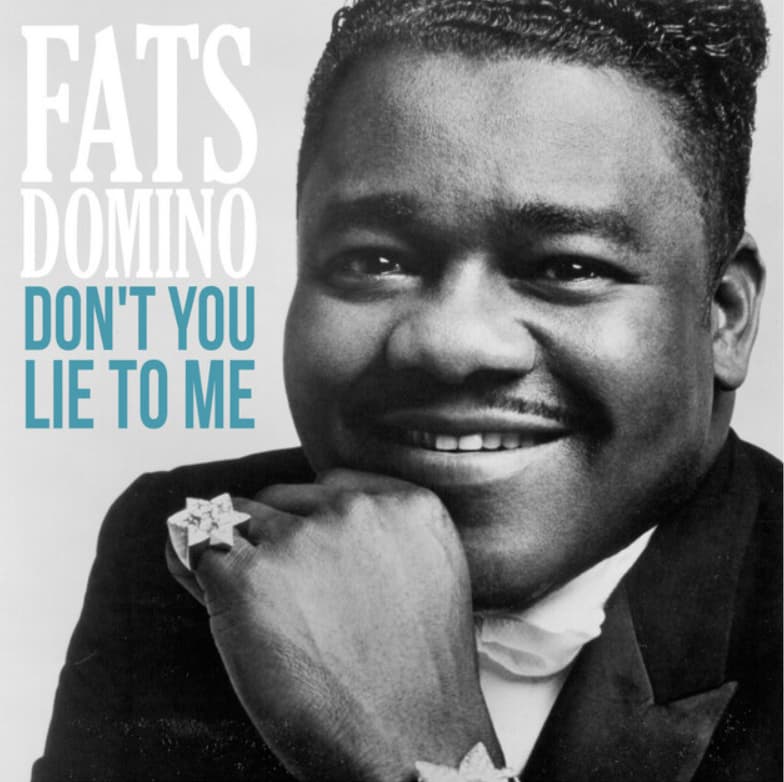
“Don’t You Lie to Me” is a soulful, heartbroken blues lament about a man’s distrust and pain.
A timeless cry of suspicion and sorrow, a blues classic is born.
Fats Domino’s “Don’t You Lie to Me” isn’t a song you’d find at the top of the pop charts, and that’s precisely why it resonates so deeply. It’s a raw, unfiltered slice of the blues that speaks to a universal truth—the gnawing suspicion that someone you love is being unfaithful. Released in 1961 on the Imperial Records label, this track never scaled the heights of the Billboard Hot 100 like some of Fats Domino’s other iconic hits, such as “Blueberry Hill” or “Ain’t That a Shame.” Its chart performance was modest, serving as a testament to its status as a deeper cut cherished by true R&B and blues aficionados rather than a mainstream pop sensation.
The story behind the song is one of collaboration and a shared understanding of heartache. While Fats Domino is synonymous with the New Orleans sound—that unique blend of boogie-woogie piano and shuffling R&B rhythms—“Don’t You Lie to Me” is a cover of a blues standard. The song was originally written by Hudson Whittaker, better known as Tampa Red, the “Guitar Wizard,” and first recorded by him in 1940. Tampa Red’s version was a pre-war blues masterpiece, but Fats Domino and his longtime producer, Dave Bartholomew, took the song and transformed it. They infused it with the unmistakable Fats Domino magic: a rolling piano that feels like a train chugging along a lonely track, and a vocal delivery that is both world-weary and deceptively simple. Fats Domino’s warm, comforting voice, usually associated with joyful party anthems, here takes on a profound sense of melancholy and distrust. It’s a masterclass in emotional delivery, proving that sometimes, the most powerful feelings are expressed not through soaring theatrics but through quiet, earnest despair.
The meaning of “Don’t You Lie to Me” is as straightforward as its title, yet it’s rich with subtext. It’s a dialogue, or perhaps more accurately, a one-sided plea from a man who sees through his lover’s lies. The lyrics are a series of questions and accusations: “You got another man, you tryin’ to quit me,” and “Don’t you lie to me, ’cause you know I know you do.” The song captures that excruciating moment of realization—the moment when a person’s words no longer match their actions, and a beautiful trust is irrevocably broken. Fats Domino’s rendition adds a layer of sorrow to this confrontation. His voice, usually so jovial, is tinged with a deep, personal pain. It’s not an angry outburst but a quiet, pained acknowledgment of a painful truth. This version, with its relaxed tempo and soulful horns, feels like a late-night reflection, the kind you have when you’re alone with your thoughts, replaying every suspicious glance and whispered excuse.
For those of us who remember the era, this song evokes a specific kind of nostalgia. It’s the sound of jukeboxes in dimly lit diners, the scent of coffee and cigarettes, and the feeling of a world that moved at a different pace. It’s a reminder of a time when songs were stories, and every note, every vocal inflection, was meant to convey a genuine human emotion. Fats Domino’s “Don’t You Lie to Me” is a masterclass in this, a testament to the enduring power of the blues to speak to the heart. It’s a timeless piece of musical history, a soulful whisper from the past that still echoes with the pain of a broken heart.